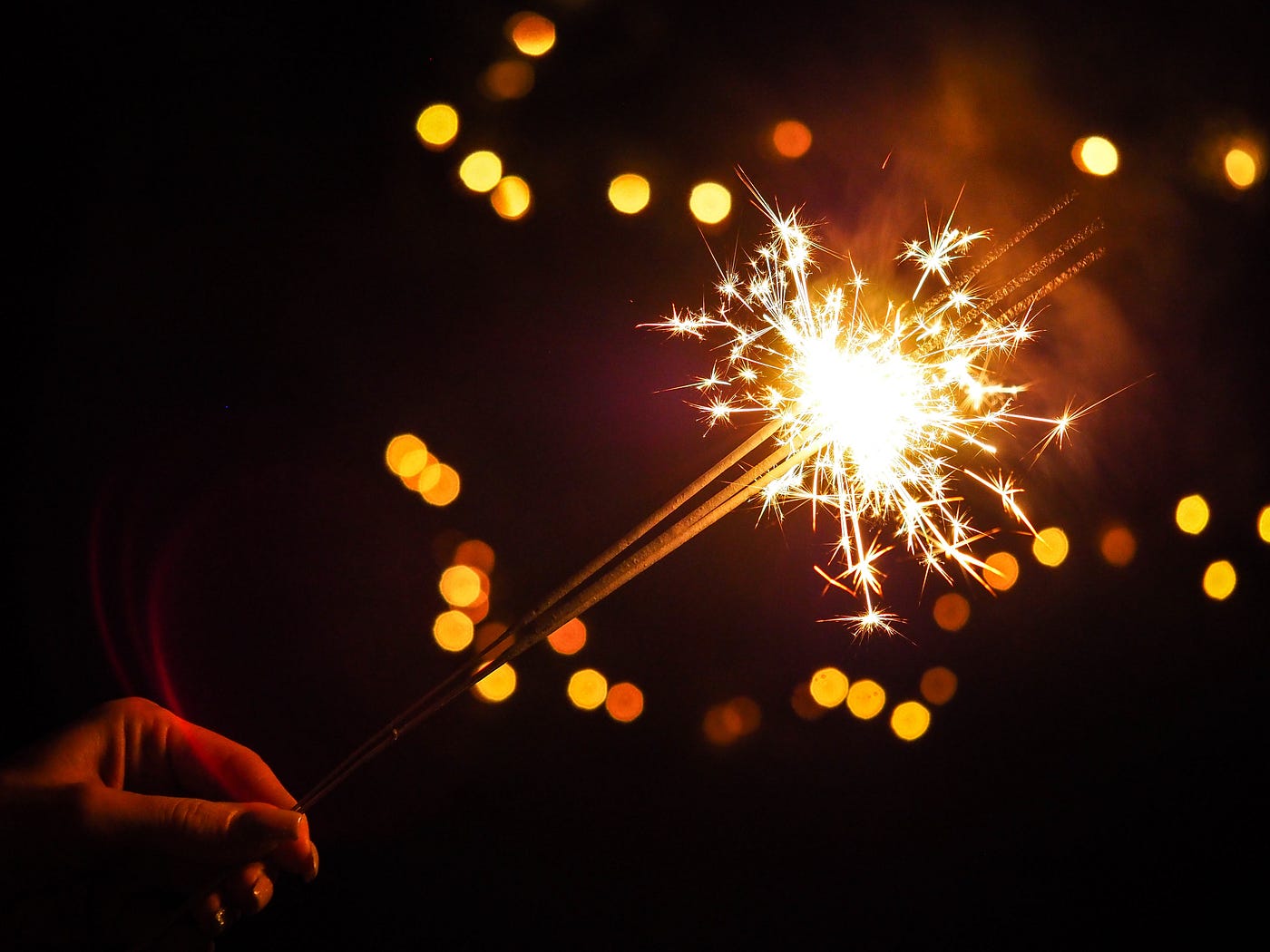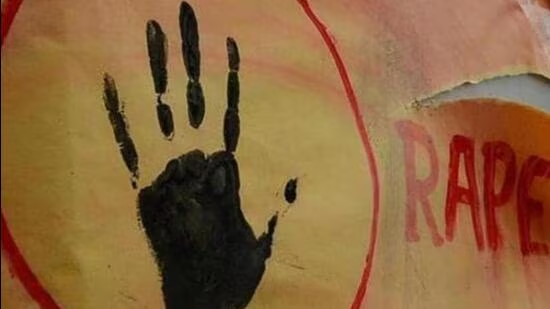Manipur’s Jiribam District Bans Diwali Crackers for Public Safety
Summary
In a recent move to prioritize public safety, Jiribam district in Manipur has implemented a ban on firecrackers for the upcoming Diwali festivities. Authorities made this decision to reduce risks associated with fireworks, including potential health hazards, noise pollution, and environmental impact. With this ban, the district aims to promote a safer and more eco-friendly celebration of Diwali.
Full Article: A Safer Diwali – Exploring the Firecracker Ban in Jiribam, Manipur
Introduction: Diwali in Jiribam Takes a New Turn
Diwali, the festival of lights, is one of the most celebrated and anticipated events in India. However, this year, in the spirit of safety and environmental concern, the Jiribam district of Manipur has made a bold decision to ban firecrackers. This move aims to protect public health, minimize noise pollution, and encourage eco-conscious festivities. Let’s delve into the specifics of this ban, understand the reasoning behind it, and explore what it means for Jiribam’s residents.
Why the Ban on Firecrackers?
1. Prioritizing Health and Safety
The use of firecrackers during Diwali has traditionally brought concerns over health and safety. Fireworks can cause burns, respiratory issues, and hearing problems, especially for children and the elderly. By banning firecrackers, Jiribam’s authorities hope to reduce the risk of accidents and health complications during the festival.
2. Tackling Pollution Concerns
Air and noise pollution are serious side effects of firecracker usage. Each year, Diwali celebrations contribute to rising pollution levels due to the smoke from firecrackers. This smoke can linger in the air, worsening air quality and potentially aggravating respiratory conditions. By enforcing the ban, the district is taking a proactive approach to reducing environmental pollution.
How the Firecracker Ban Aims to Transform Diwali
1. Embracing a More Eco-Friendly Celebration
This ban isn’t just about restricting activities; it’s about encouraging a shift toward more sustainable practices. Families in Jiribam are encouraged to celebrate Diwali with eco-friendly options like LED lights, traditional lamps, and decorations that don’t harm the environment. These alternatives provide a way to keep the spirit of Diwali alive without relying on fireworks.
2. Preserving the Essence of Diwali
Firecrackers are a relatively recent addition to Diwali celebrations, introduced as a spectacle to enhance the festive atmosphere. However, Diwali’s core essence lies in celebrating the triumph of light over darkness, good over evil. By banning firecrackers, Jiribam hopes to bring back the traditional values of Diwali, emphasizing peaceful and spiritually rich festivities.
How the Community is Responding
1. Mixed Reactions
While many residents support the decision, understanding its benefits for health and safety, some are disappointed about missing out on a long-standing tradition. The district is working to provide alternative activities, such as cultural programs, to ensure Diwali remains joyful for everyone.
2. Efforts to Spread Awareness
To gain public support for the ban, Jiribam’s officials are launching awareness campaigns. These campaigns aim to educate people about the reasons for the ban, encouraging residents to understand and respect the new regulations. By highlighting the importance of health and environmental safety, officials hope to create a more harmonious and accepting community.
Economic Impact of the Ban
1. Impact on Local Firecracker Vendors
The firecracker ban inevitably affects local vendors who depend on Diwali sales. Authorities are working on initiatives to help these businesses transition, encouraging them to explore alternative products or services that align with a safer Diwali celebration.
2. Potential Boost for Eco-Friendly Products
The shift away from firecrackers opens doors for eco-friendly products, such as LED lamps and organic decorations. This change in demand could lead to economic opportunities in the eco-friendly product sector, benefiting local businesses willing to adapt to the new trend.
A Path Toward Sustainable Festivities
The firecracker ban in Jiribam could pave the way for a broader trend across India, inspiring more regions to adopt environmentally conscious practices for Diwali and other celebrations. By embracing this change, the district not only protects its residents’ well-being but also sets an example of how festivals can be celebrated without compromising on joy or tradition.
Conclusion
As Diwali approaches, Jiribam’s ban on firecrackers symbolizes a shift toward safer and greener celebrations. While it may initially seem like a restriction, this change encourages residents to rediscover Diwali’s essence, focusing on light, unity, and harmony. With eco-friendly alternatives and a community-centric approach, Jiribam is redefining what it means to celebrate responsibly.
FAQs
- Why did Jiribam district ban firecrackers for Diwali?
The ban was implemented to enhance public safety, reduce pollution, and encourage eco-friendly celebrations. - How will the ban affect Diwali celebrations in Jiribam?
The ban encourages the community to celebrate with eco-friendly options like LED lights and traditional lamps, minimizing environmental impact. - Are there alternative activities planned for Diwali in Jiribam?
Yes, local authorities are planning cultural programs and other activities to ensure Diwali remains enjoyable. - How does the ban impact local firecracker vendors?
The ban affects vendors who rely on firecracker sales, but authorities are promoting alternative eco-friendly products as replacements. - Could other districts adopt a similar firecracker ban?
Jiribam’s ban may inspire other regions to consider eco-friendly and safety-conscious practices for future festivals.



